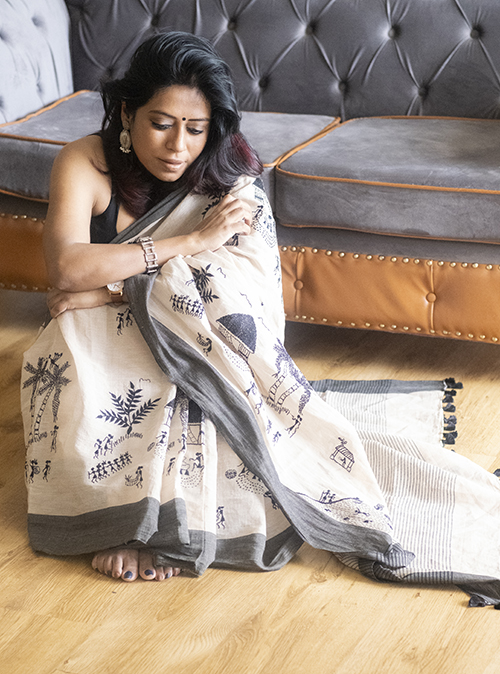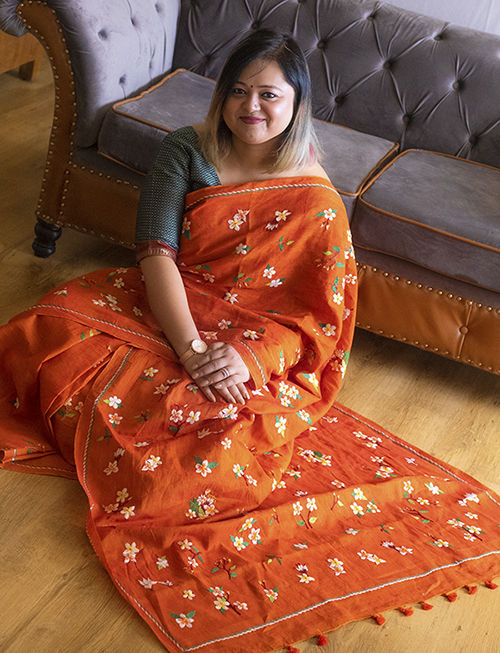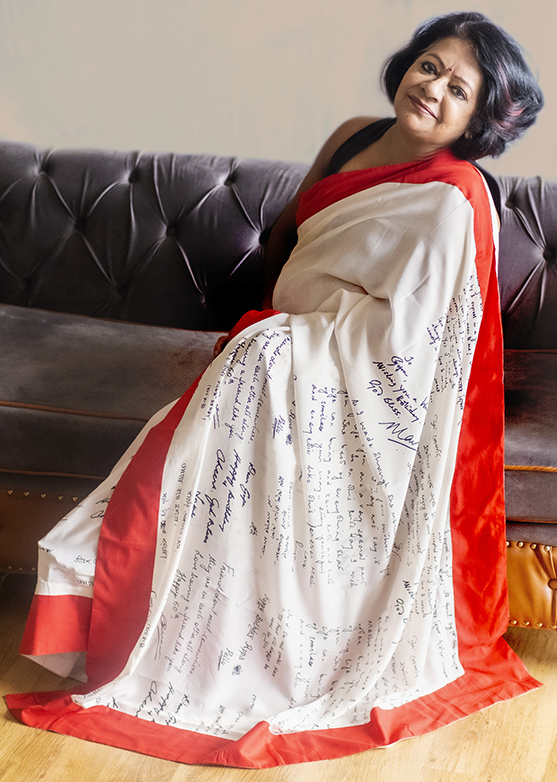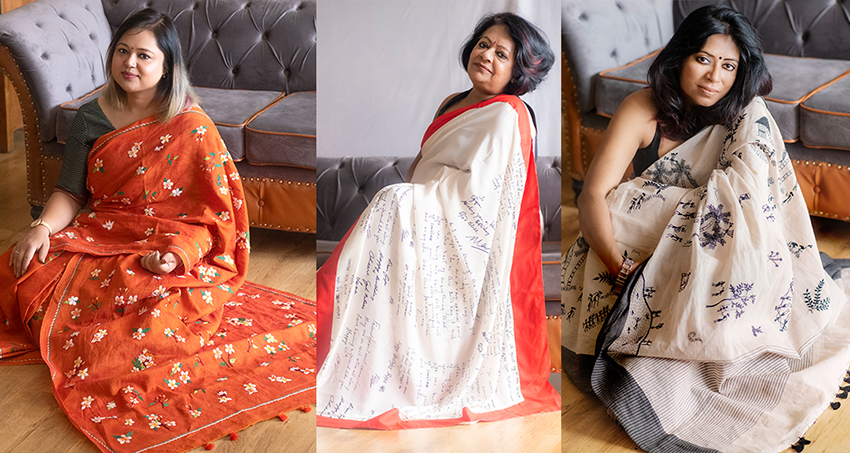In early 2020, before the pandemic transformed the fashion retail landscape, the three co-founders of Deraj Boutique – Priyashmita, Nazneen, and Sanjukta – envisaged an offline clothing brand that would have a presence at select physical outlets, and parallel online communication channels for customer outreach. However, a sudden lockdown forced the entrepreneurial trio to reassess the brand’s identity and swiftly pivot to a digital-first model – which ultimately proved to be a blessing in disguise.
By shifting to e-commerce, the brand gained a wider reach that eliminated geographical barriers and engaged consumers – whose tastes and preferences were simultaneously evolving as a direct result of the pandemic. The brand’s website offers ready-to-order products as well as the option to place custom orders. The co-founders aimed to create customized clothes and accessories that would reflect the distinct aesthetics and individuality of a diverse clientele, without creating a hole in the pocket.

This goal synchronized perfectly with the evolving consumer consciousness. Customers from across the world communicated with the team online, described their desired product, and shared their stories – providing context to the creative process, and fostering collaboration in a socially distanced world where people were starved for human connection. This was made possible by the workers and artisans, who quickly adapted to online communication tools by using WhatsApp messaging and video calls as communication tools.
Opting for a slow fashion production model, Deraj produces limited editions of handcrafted clothes and jewellery, which lends exclusivity to their designs and generates excitement among consumers, who are proud to flaunt a one-of-its-kind piece created especially for them. As the co-founders explain, “When a customer approaches us, we spend time in understanding their ‘wants’ and either match it to an existing collection with tweaks or create an entirely new piece to suit the customer.”

Since the onset of the pandemic, e-commerce, and digital marketing have witnessed a rapid rise, allowing brands to access a broad market – provided that they can revamp their operations and communication strategies. At the same time, this trend has increased the options available to consumers – with each brand attempting to diversify their offerings and add convenience to the customer’s experience in order to gain a competitive edge.
In this scenario, directly involving the buyer in the process adds value to the end product, and helps brands build lasting relationships with clients, thus earning their loyalty. This innovative approach has proved particularly rewarding for Deraj, “Most people are very comfortable ordering online and describing the details that we need to understand their choice. In rare cases, we also do video calls. What has really worked for us is our Masterji collection where we learn about people and create unique designs for them which only they can have. We have had 89% repeat purchase buys with more than 11% buying over 8 times, which reflects the customer’s trust in us.”

Deraj has scrapped the traditional transactional relationship between buyer and seller that fast fashion brands, chain stores, and online retailers had normalised. By catering to individual needs, the brand has carved its own niche. To take their interactions with consumers a step further, the team is currently working on their technology systems, to create a unique online shopping experience.
“We want to celebrate the individuality of people – their uniqueness, quirks, likes, and dislikes. At Deraj, our effort has been to co-create clothing and accessories with our customers to reflect their preferences, at a reasonable cost. An online presence gives the customer the freedom to express their choices, at a time that is suitable to them, from the comfort of their home.”
Browse the brand’s collection of clothing and accessories, or customize a bespoke creation, at www.deraj.shop












